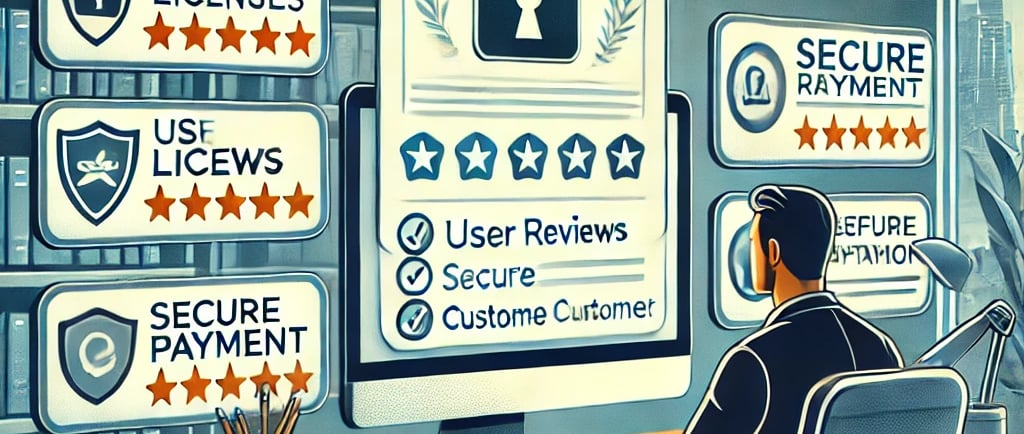Assessing the Legitimacy of Online Platforms: A Guide to Verifying Trustworthiness


Leave Comment/ By N /Nov 21, 2024
Step 1: Check for Licensing and Regulation
One of the first steps in assessing an online platform's legitimacy is to verify its licensing status. Reputable platforms like JDMAX will be licensed and regulated by recognized authorities that oversee online gaming. These details are typically found at the bottom of the homepage or in the 'About Us' section.
What to Look For: Ensure that the platform mentions specific regulatory bodies, such as the Malta Gaming Authority, UK Gambling Commission, or similar institutions that govern online gaming and betting.
Step 2: Read Reviews and Testimonials
Reviews and testimonials from other users can provide insight into the reliability and user experience of the platform. While a few negative reviews are normal, a pattern of complaints related to security, payments, or customer service can be a red flag.
What to Do: Check platforms like Trustpilot, forums, or even social media to get a sense of what current and former users are saying.
Step 3: Examine the Quality of Customer Support
Legitimate platforms invest in robust customer support. Having multiple channels of support—like live chat, email, and phone support—that are responsive and helpful is a good indicator of a platform’s legitimacy.
How to Test: Try contacting the platform’s customer service with a basic inquiry to gauge the speed and helpfulness of their response.
Step 4: Look at Security Measures
Security is paramount in online platforms, especially those handling financial transactions. Secure websites will have SSL certificates, which you can identify by checking for "https://" at the beginning of the URL, along with a padlock icon in the address bar.
What to Check: Additional security measures like two-factor authentication, regular audits, and data encryption are also signs of a legitimate platform.
Step 5: Review Payment and Withdrawal Policies
Legitimate platforms will have clear, transparent payment and withdrawal policies. These should include information on payment methods, withdrawal limits, and processing times. Vague or overly complicated payment policies can be indicative of potential issues.
Where to Find This Information: Typically, this information is in the ‘Banking’ or ‘FAQ’ sections of the site.
Step 6: Evaluate Website Professionalism
The overall professionalism of a website can also be a telltale sign of its legitimacy. A professional site should have a clean, well-organized layout, free of excessive pop-ups or ads, and should provide easy navigation.
What to Notice: Spelling errors, broken links, and outdated design can be signs of a less reputable operation.
Conclusion
By following these steps, you can more effectively assess the legitimacy of JDMAX or any online platform you are considering engaging with. Taking the time to do this due diligence can protect you from scams and ensure that your online interactions are secure. Remember, when in doubt, it's better to err on the side of caution and further investigate or avoid a platform if it seems potentially untrustworthy.


